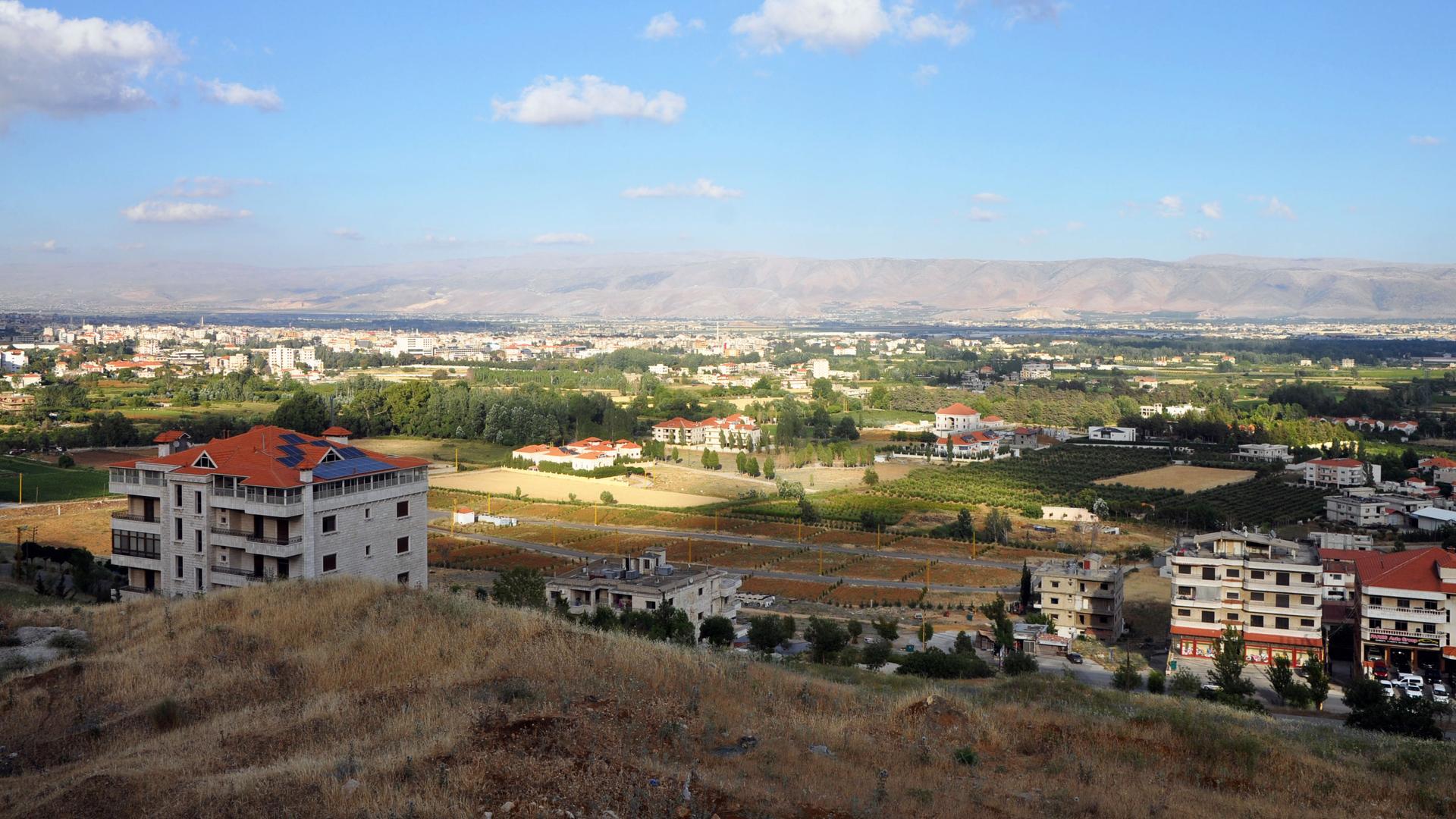When Rony Bou Rached installed solar panels last month on the roof of his home in a Beirut suburb, he swelled with pride.
He wasn’t the first of his friends to do so, but these days he’s happy to show photos to anyone considering the investment.
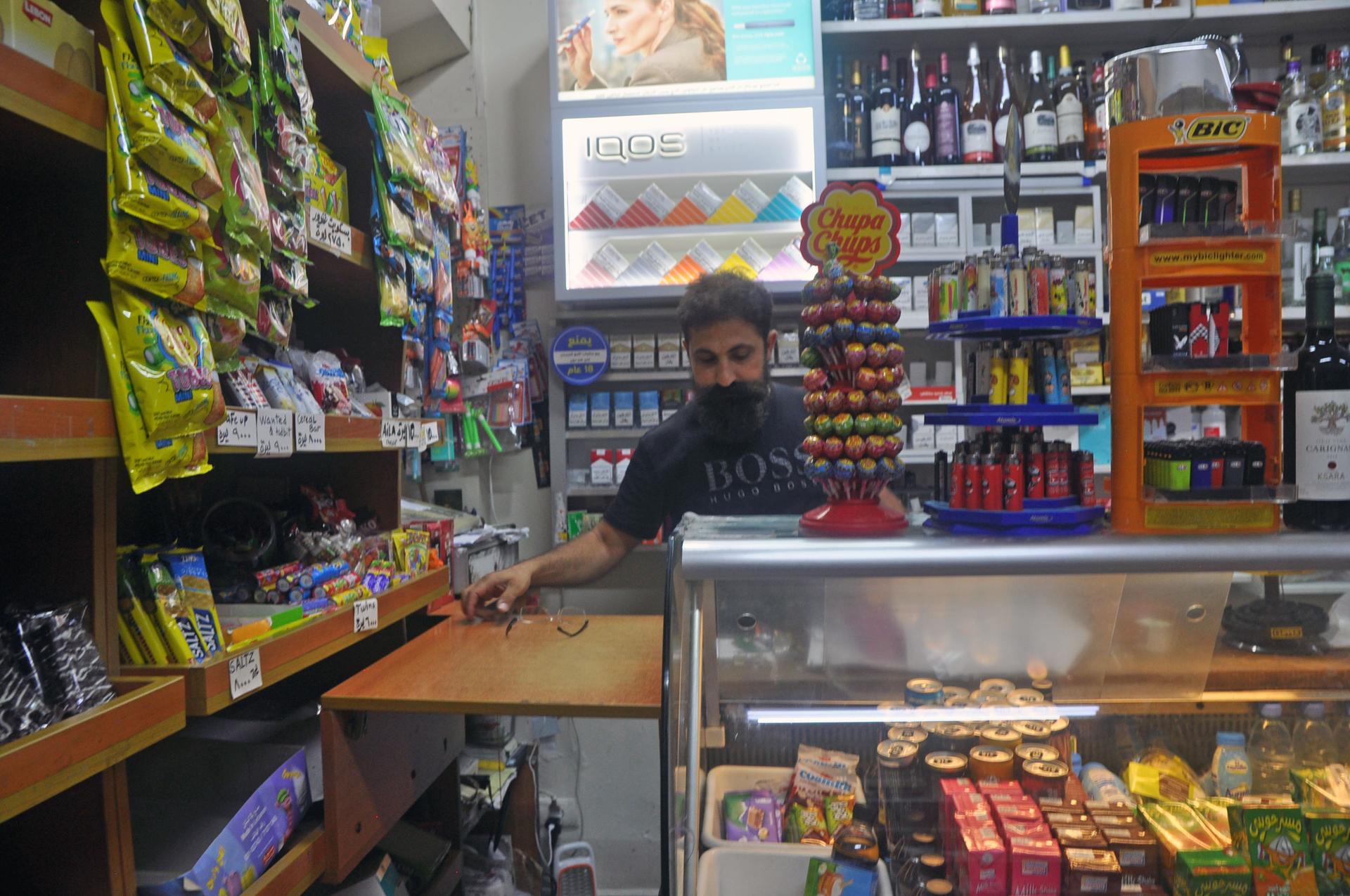
“Look, see my panels,” he said, swiping through photographs on his phone. “I made [a plan] for 27 panels. But now, I put in eight. Step by step, we will continue it.”
He said his children need the internet to study and even he feels safer knowing that there’s reliable electricity when he comes home from work in the middle of the night.
Bou Rached used to spend up to $200 a month on generator fuel — now, he won’t have to. Rached, dipping into savings he’s collected over the past year, spent $5,600 on his new solar panel system. He has faith that the panels will be able to pay for themselves in just a few years.
In Lebanon, more people like Bou Rached are turning to solar power amid an unprecedented, three-year financial crisis that has made basic city services, such as electricity and running water, largely unavailable in recent months.
Until last year, the government provided most of the country with 18 hours of electricity a day, powered by mostly imported fossil fuels. Many residents plugged the gap with private generators, which run on gasoline.
This was affordable for many, until Lebanon’s Central Bank stopped subsidizing the country’s fuel imports last year, said Rony Karam of the Lebanese Foundation for Renewable Energy.
After the country went bankrupt, fuel costs skyrocketed.
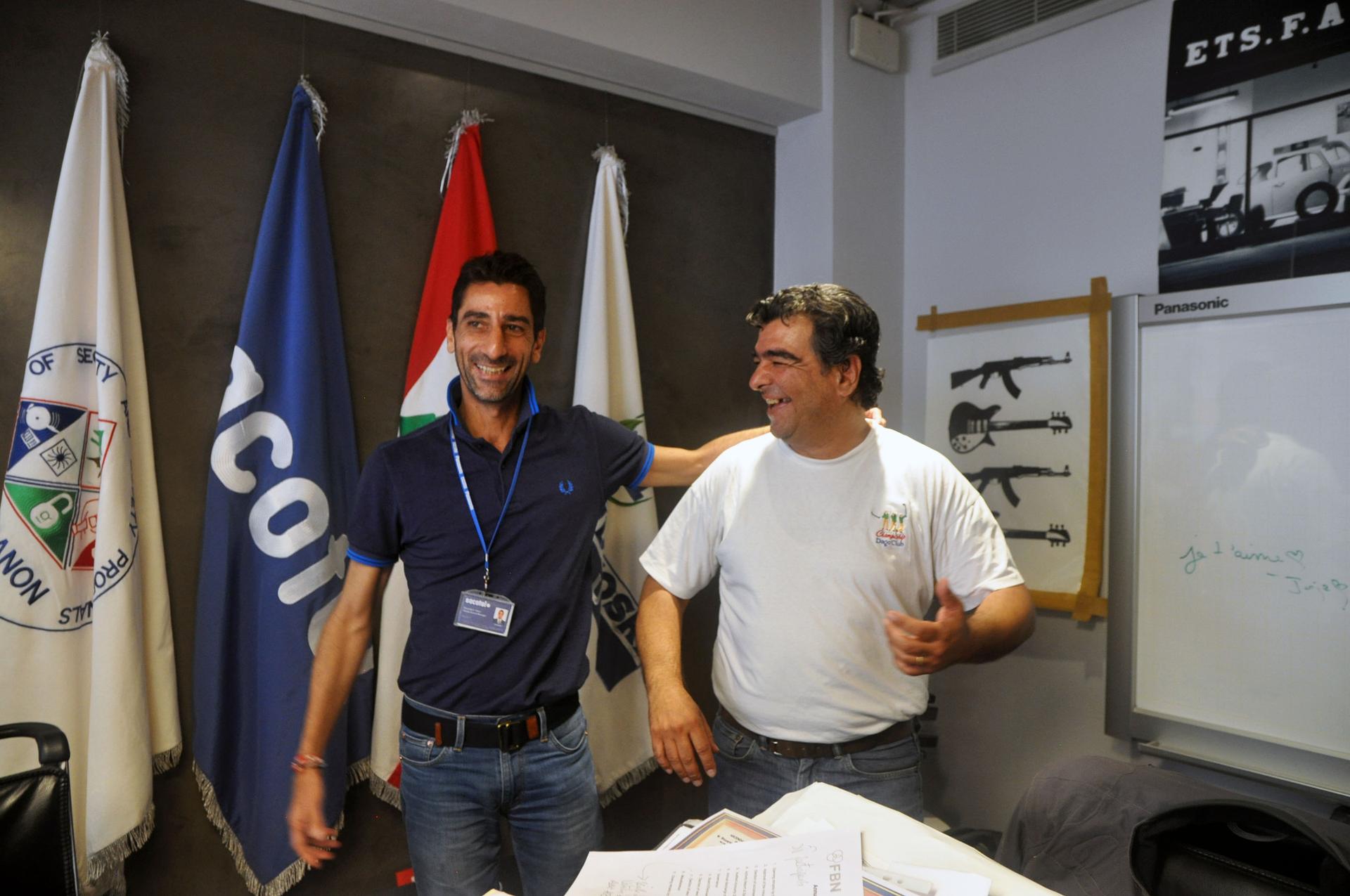
“Now, you’re running out of electricity, the country is almost in total blackout, you have only one or two hours every day,” Karam said. “Diesel generation is the costliest way of producing electricity.”
That has paved the way for solar power.
Just two years ago, Lebanon produced a mere 70 megawatts of electricity from solar, Karam said. But in the past two years, that number has almost quadrupled to 250 megawatts — largely driven by small residential projects.
“Anybody who can afford installing solar now is doing so,” Karam said.
‘We can create electricity ourselves’
Earlier this year, Salma Sauter Kassem and her husband used their savings to buy solar panels for their house in Lebanon’s eastern Bekaa Valley. They needed to be able to power the air-conditioning for the day care she runs and the irrigation system for their nearby vineyard, Kassem said.
She said that it has brought some relief, but the cost was steep.
“We can create electricity ourselves. But it’s not easy at all,” Kassem said. “It’s not easy to spend $8,000 or $14,000; it was all the savings that we have.”
Lebanon’s power grid isn’t well-equipped for residential solar, so people use systems that are self-contained, using a chargeable battery to cover nighttime hours instead of municipal power.
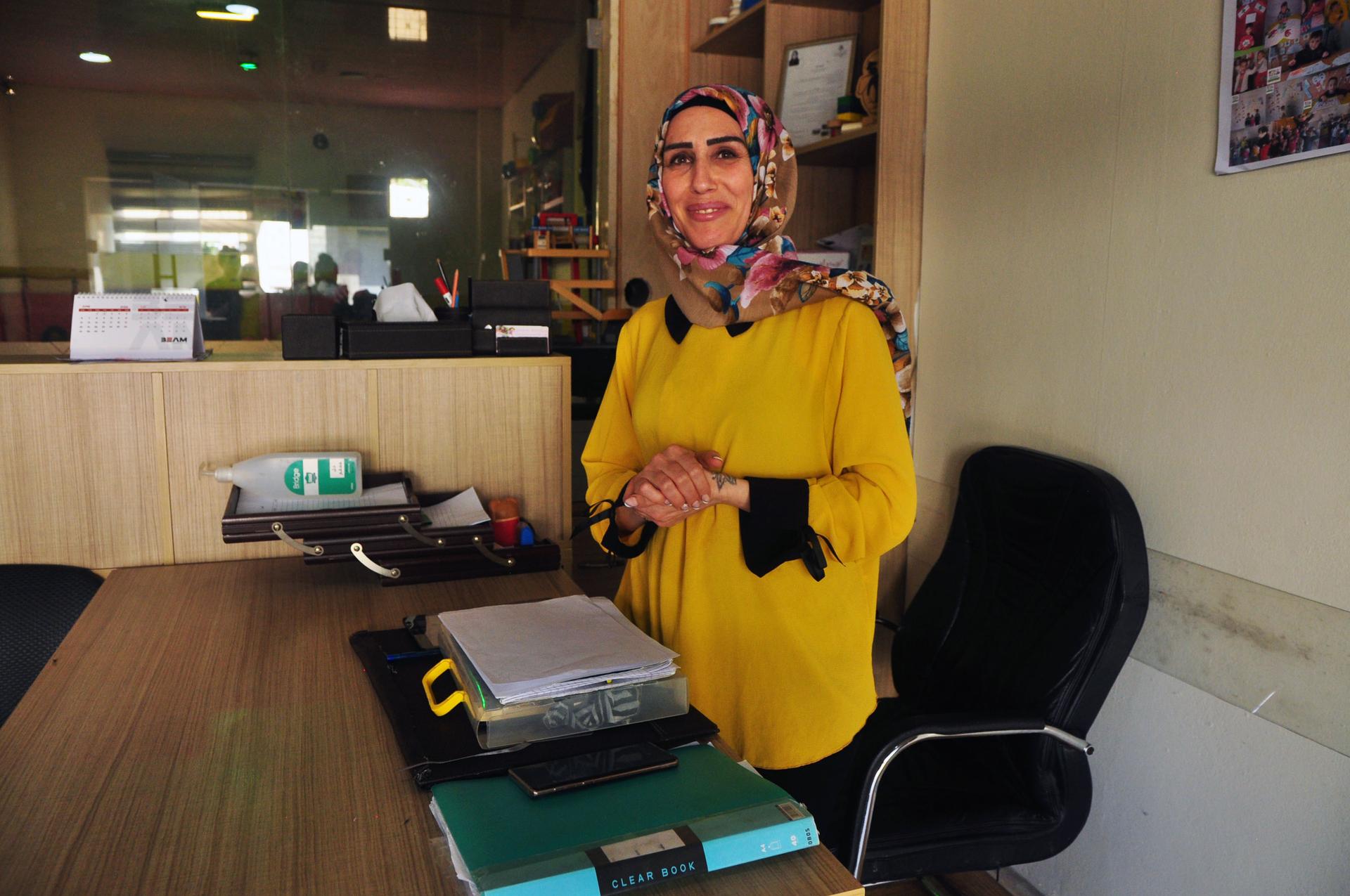
Joseph Assaf, who works at a café next door to Bou Rached’s bodega in Beirut, said that he was looking at a $6,700 system for his family’s home about seven months ago.
“The dollar was a bit low then. A week later, the dollar went crazy up,” he said. “Khalas. [That was it.] We forgot about the whole thing.”
It felt like a risk, anyways, Assaf said. What if the panels had needed repair, or gotten damaged in a storm? What if Lebanon’s electricity crisis subsides in the next year or so?
“It’s unfair that we have to install solar panels and wait for the sun and be economic with our electricity, which is our basic human right,” Assaf said.
A proliferation of fake companies
“Solar energy is the only business happening in Lebanon right now,” said Sar Bou Abdallah, the business development manager for Sacotel ZNSHINE, a Lebanese joint venture with a Chinese solar panel maker.
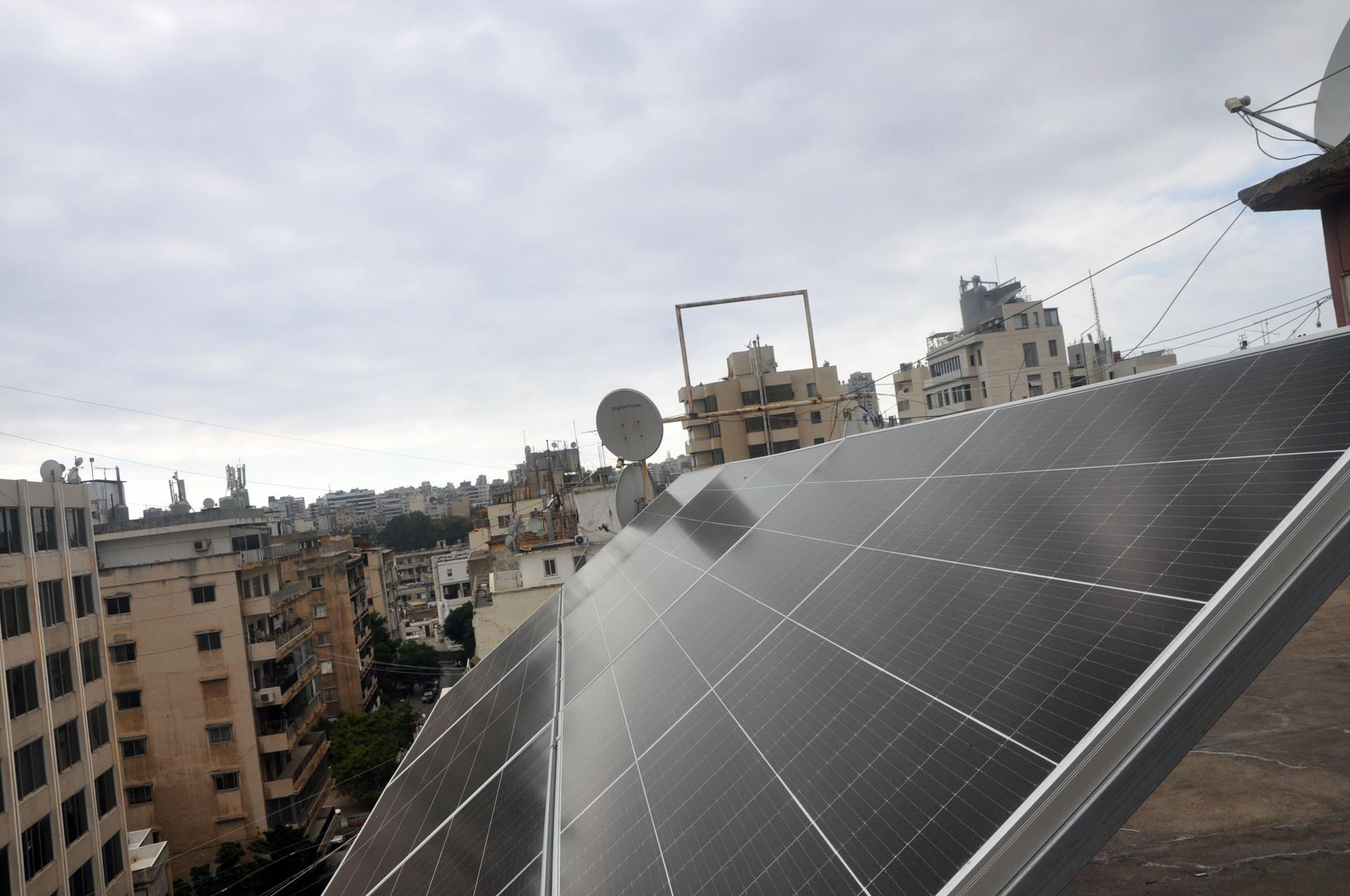
“Every Tom, Dick, Harry, Mohammed, Hussein and Josef, everyone around the block is an expert in solar energy now,” Bou Abdallah said.
Bou Abdallah believes this demand boom is behind a proliferation of false companies and forged certifications. He estimates that half of Beirut’s customers are buying fake panels — he sees it as an accident waiting to happen.
“The mounting structure must resist wind speeds of 120 kilometers per hour. But you see all these guys, they’re just putting down bolts, they’re trying to cut corners here and there,” Bou Abdallah said.
“The systems are catching fire because the thickness of the cables that they are using, it’s not thick enough.”
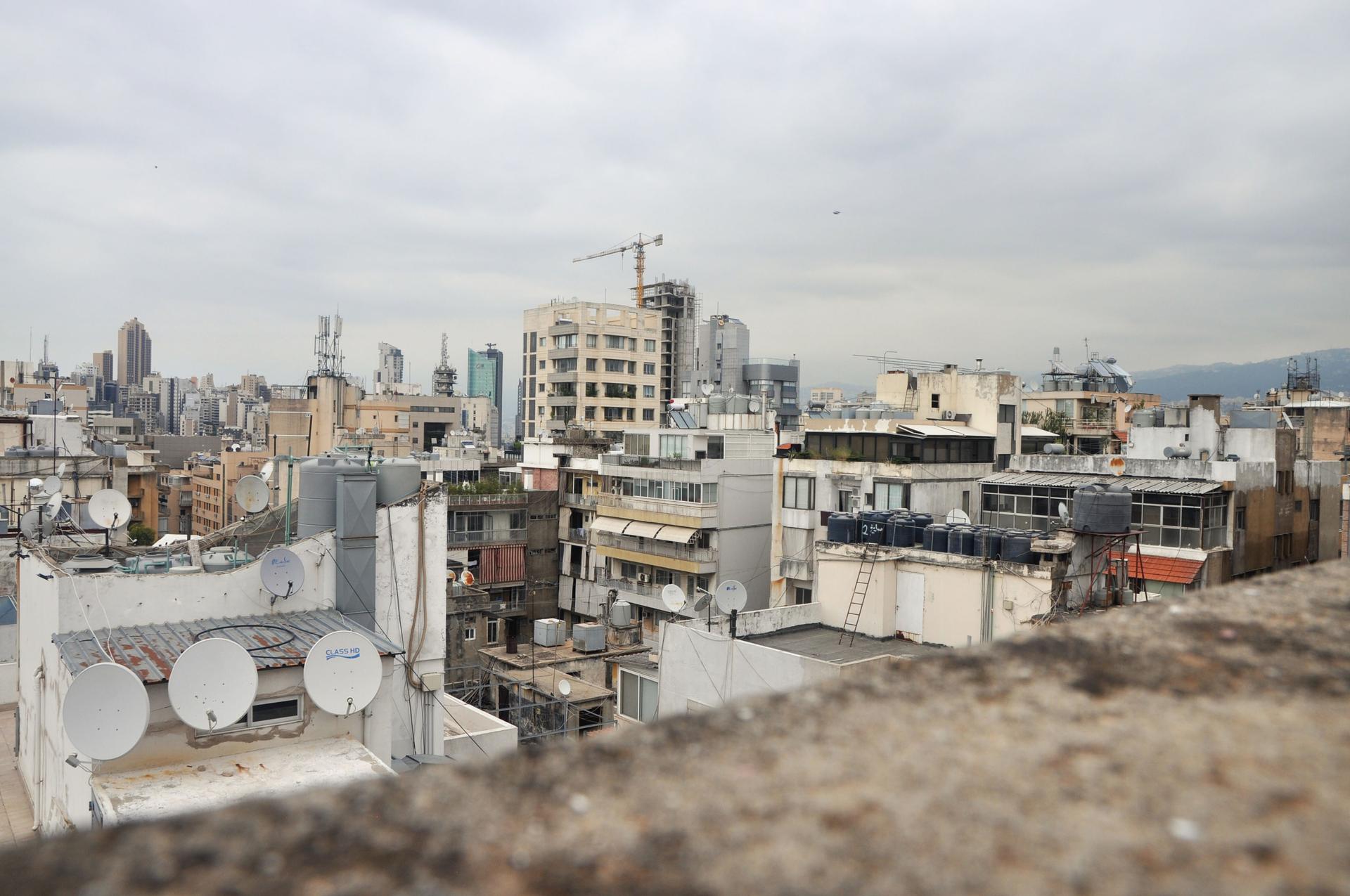
When winter comes, bringing seasonal winds to Lebanon, Bou Abdallah worries that panels installed without the proper permits and certifications will become a danger to passersby.
“The installations happen on Saturdays and Sundays when the police aren’t working. And they get away with it,” he said. “Fingers crossed, come winter, we will not be having flying solar panels.”
Related: Lebanon’s electricity crisis means life under candlelight for some, profits for others
Translations from Arabic provided by Sara Hteit.
Our coverage reaches millions each week, but only a small fraction of listeners contribute to sustain our program. We still need 224 more people to donate $100 or $10/monthly to unlock our $67,000 match. Will you help us get there today?
